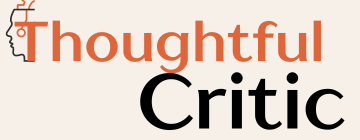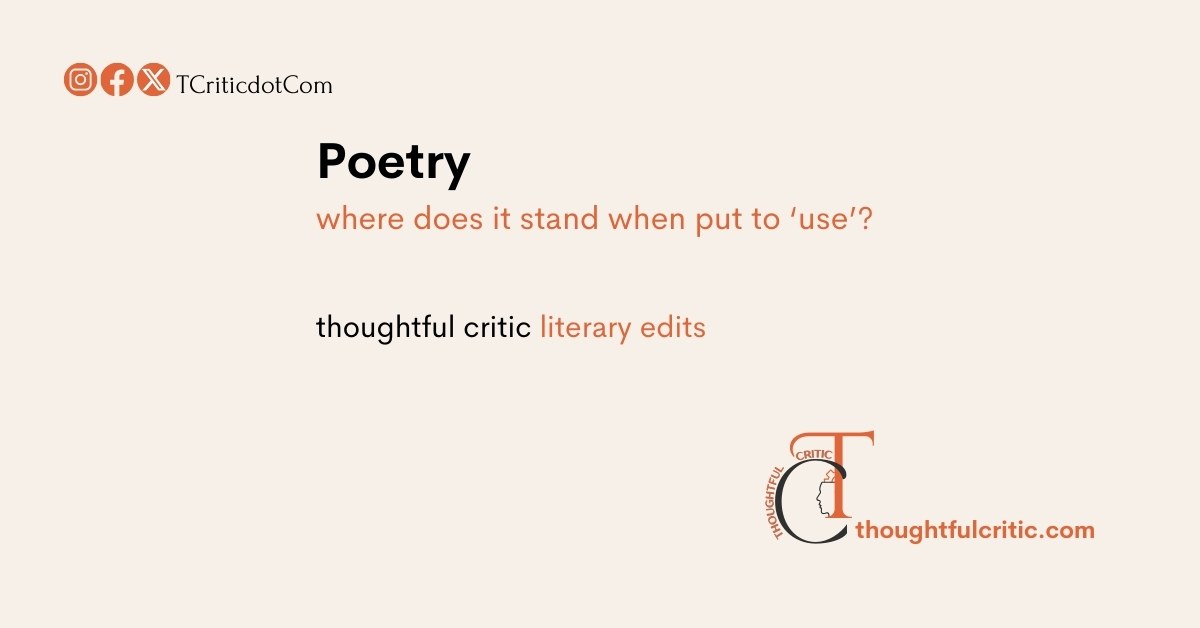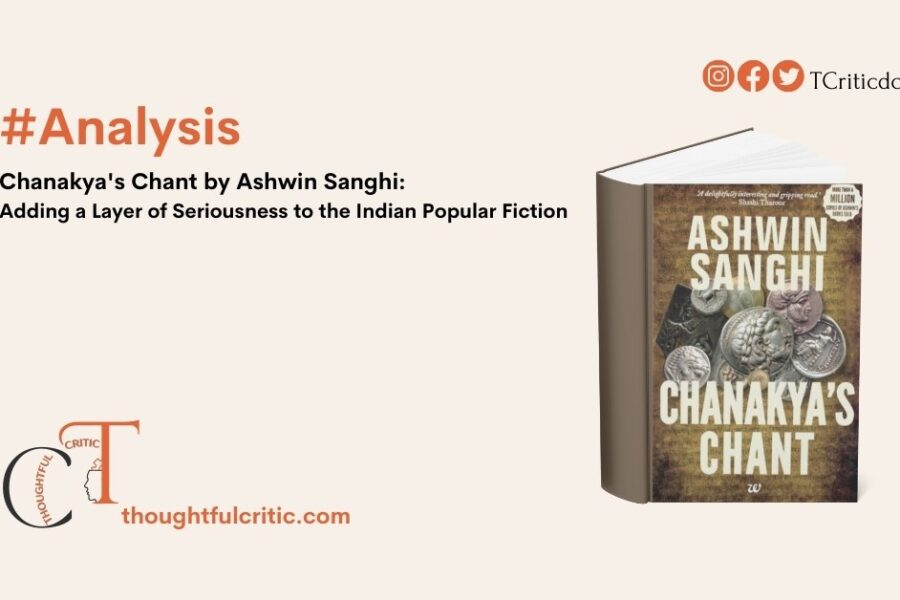Let’s be honest—when was the last time you read a poem for practical reasons? Not to impress a date, not to sound deep in a caption, but because you genuinely thought, “Yes, this sonnet will solve my problems”?
Most of us encounter poetry in one of three ways:
-
Forced upon us in school (Shakespeare’s sonnets, memorised under duress).
-
Stumbled upon in a pretentious indie film (whispered dramatically over a rain montage).
-
Seen in an Instagram bio (Rumi, butchered for aesthetic purposes).
So, is poetry just emotional wallpaper, or does it have real-world utility? Let’s argue both sides—with receipts. Well, leave those academically compelled souls looking for “How to Study Poetry” on the internet. Let’s talk to the real people out there.
The Case for Poetry: Yes, It’s Useful (Even If You Won’t Admit It)
1. Poetry as Emotional First Aid
Imagine this: You’ve just been dumped. You could:
-
Option A: Cry into a pint of ice cream while rewatching The Notebook.
-
Option B: Read “Wild Geese” by Mary Oliver, which tells you, “You do not have to be good. You do not have to walk on your knees for a hundred miles through the desert, repenting.”
Suddenly, you feel seen in a way that even Ben & Jerry’s can’t manage. Poetry distils complex emotions into a few lines, acting like an emotional defibrillator. Studies (yes, actual science) show that reading poetry activates brain regions linked to introspection and emotional processing—basically, it’s therapy without the copay.
2. Poetry as a Weapon (Yes, Really)
Think poetry is just for sighing romantics? Tell that to Winston Churchill, who used Shakespeare’s “This scepter’d isle” speech to rally Britain during WWII. Or Amanda Gorman, whose “The Hill We Climb” at Biden’s inauguration made more impact than any policy memo.
Poetry has been used to:
-
Start revolutions (see: Pablo Neruda’s political poems).
-
End wars (Wilfred Owen’s “Dulce et Decorum Est” exposed the horrors of WWI).
-
Win court cases (lawyers sometimes quote poetry to sway juries—because logic is excellent, but pathos seals the deal).
3. Poetry as a Life Hack for Better Communication
Ever struggled to articulate a feeling? Poetry is like a cheat code for language.
-
Flirting: Sending “How do I love thee? Let me count the ways” (Elizabeth Barrett Browning) works better than “U up?”
-
Apologising: “I have made more mistakes than the moon has craters” (Nikita Gill) sounds way more sincere than “My bad.”
-
Resumes: Okay, maybe don’t submit a haiku instead of a CV. But poetry sharpens your ability to write concisely—useful for emails, pitches, and not sounding like a robot in meetings.
4. Poetry as a Time Machine
Reading The Odyssey isn’t just about a guy taking the world’s worst cruise—it’s about understanding ambition, loyalty, and the human condition. Poetry (and verse-adjacent classics) preserve history, philosophy, and cultural DNA like dry textbooks don’t.
Example: Sappho’s fragments (circa 600 BCE) still resonate today (“You burn me”—the original thirst tweet). Meanwhile, how many of last year’s viral tweets do you remember?
The Case Against Poetry: Let’s Be Real, It’s Mostly Decorative
1. Nobody Actually Reads It (Except for Performative Reasons)
Be honest:
-
Have you ever read a complete poetry collection cover-to-cover?
-
Or do you just screenshot the one relatable line and move on?
Most modern poetry consumption happens in three ways:
-
Instagram captions (Rumi, but only the lines that fit over sunset pics).
-
Wedding vows (“I carry your heart with me”—thanks, E.E. Cummings).
-
Tattoos (“She was unstoppable” in cursive on a bicep).
This isn’t engagement—it’s aesthetic mining.
2. Poetry Doesn’t Pay the Bills
Name one famous poet who got rich from poetry.
…Exactly.
Even Rilke died broke. Meanwhile, the “practical” skills—coding, marketing, plumbing—put food on the table. Poetry won’t help you:
-
Negotiate a salary.
-
Fix a leaky faucet.
-
Explain blockchain to your grandma.
It’s the intellectual equivalent of a luxury candle: nice, but not essential.
3. Most Modern Poetry Is Just Vibes (No Substance)
There’s a difference between:
-
Emily Dickinson (“Hope is the thing with feathers”—metaphor, depth, timeless).
-
Instagram Poetry (“You are the sun and I am the moon and we are both celestial but also sad”—vague, repetitive, forgettable).
A lot of contemporary poetry leans into emotional shorthand—more “mood” than meaning. It’s the literary version of lofi beats to study to: pleasant background noise, but not exactly transformative.
4. Poetry Can Be Pretentious Gatekeeping
Ever been to a poetry slam where someone snaps aggressively after every line? Or did you try reading Finnegans Wake and question your literacy?
Poetry’s biggest flaw is that it often tries too hard to be:
-
Opaque (see: academic poetry that requires a PhD to decode).
-
Self-indulgent (10-page odes to a single raindrop).
-
Alienating (if you don’t “get” it, you’re made to feel stupid).
Meanwhile, a well-written tweet can make you laugh, cry, and rethink your life in 280 characters—no analysis required.
Verdict: Poetry Is Useless Until You Need It
Poetry is like a fire extinguisher: 99% of the time, it just sits there looking decorative. But it becomes indispensable in moments of crisis, heartbreak, existential dread, the need to sound profound at a funeral.
When Poetry Is Practical:
-
You’re grieving, and prose feels too clunky.
-
You’re in love, and “You’re cute” isn’t cutting it.
-
You’re fighting injustice and need words that stir souls.
When Poetry Is Pointless:
-
You’re filing taxes.
-
You’re assembling IKEA furniture.
-
You’re explaining your job to your parents.
So, should you read poetry? Yes, but like whiskey—in small doses, for special occasions, and not to impress people. And if anyone scoffs, hit them with Auden’s “Poetry makes nothing happen”—then watch them overthink it. That’s the power of verse.
Now go forth—quote Plath at your next brunch. Or don’t. Either way, the poems will wait.
Wait…
There is something you must consider before you discard poetry into the bin.
Let me ask you this: When was the last time something truly shook you? It not only made you nod, chuckle, or scroll past but also split you open, left you breathless, and forced you to stare at the ceiling at 3 AM because the weight of a single line wouldn’t let you sleep?
That’s what real poetry does.
We live in an age of artificial profundity—Instagram affirmations that sound deep until you realise they’re recycled, AI-generated slogans masquerading as wisdom, tweets that evaporate from memory before you’ve even finished liking them. But poetry? Real poetry? It doesn’t flatter. It doesn’t pacify. It wounds you awake.
Take Eliot’s “I will show you fear in a handful of dust.” Eight words. Eight words that collapse time, mortality, and existential dread into an image so precise it’s paralysing. Or Plath’s “Dying is an art, like everything else. I do it exceptionally well.” A joke that isn’t funny, a confession that isn’t safe, a truth so sharp it draws blood.
This is not useless. This is the opposite of useless. This is alchemy—the transformation of language into a weapon, a mirror, a lifeline.
We Have Become Insensitive—And Poetry Is the Antidote
The modern world runs on numbness. Algorithms feed us content that confirms our biases, numbs our pain, and distracts us from the void. We’ve replaced feeling with engagement and depth with dopamine. And when we do encounter real beauty—the kind that hurts and heals—we dismiss it as “pretentious” or “impractical.”
But since when was the soul’s survival impractical?
-
When wars rage, we turn to Auden’s “We must love one another or die.”
-
When love ruins us, we whisper Neruda’s “Love is so short, forgetting is so long.”
-
When the world feels hollow, Rilke reminds us: “You must change your life.”
These are not decorative phrases. They are emergency flares shot into the darkness of human experience.
And poetry will prevail… just like the indomitable human spirit!
Madhav for Thoughtful Critic
..




